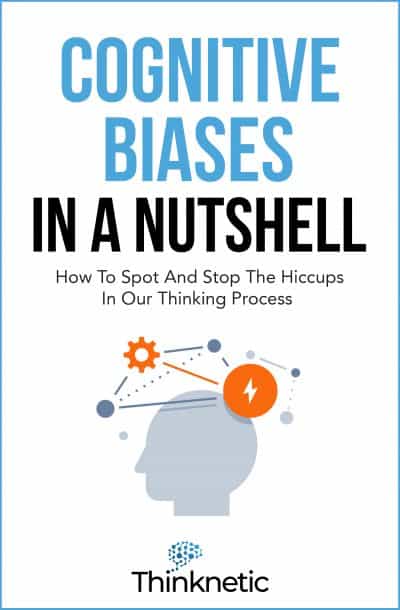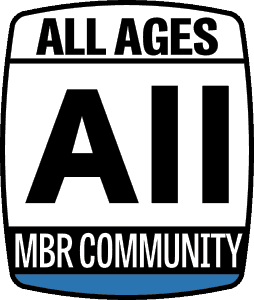Description
Do you have a problem that you can’t see your way around, no matter how hard you try? You may be looking for the answer outside when the obstacles lie within.
We’re all biased.
You may have read the above and already your mind is raising its defenses. No . . . not me. I haven’t got a biased bone in my body.
The fact is: you do. So does everyone around you.
Several scientific studies, in fact, suggest that certain forms of bias may be hardwired into the human psyche.
Professor Stephen Neuberg, head of Arizona State University’s Department of Psychology, published research in the Journal of Personality and Social Psychology in 2005 showing that, as a species, we evolved to quickly assess dangers posed by those outside our group to enhance our chances of survival.
Nobel prize winner, Daniel Kahneman, has addressed this phenomenon in numerous articles and in his widely reviewed book, “Thinking, Fast and Slow”.
The ability to process information rapidly was a life-or-death evolutionary advantage to our human ancestors in the hostile and unforgiving environment they inhabited.
As our environmental landscape changed, we still needed to process information with appropriate speed, but the decisions became increasingly complex and nuanced.
The swift system that evolved to identify and mitigate threats in hunter-gatherer societies became faulty, resulting in several cognitive biases that everyone harbors.
A cognitive bias is an error in thinking and judgment that happens when we selectively or improperly intake information.
Your cognitive biases can be sneaky, making you think you’re more open to the ideas, experiences, and contributions of others than you actually are.
Consequently, you may be tempted to rely more on your own knowledge and judgment, sometimes with disastrous results.
You may also spend hours after a decision, agonizing, particularly those that needed to be made in a short space of time.
Cognitive Biases in a Nutshell will help you to identify and correct the cognitive biases you fall prey to in your everyday life.
Identifying and correcting your biases is just one way you gain from reading Cognitive Biases in a Nutshell.





Comments